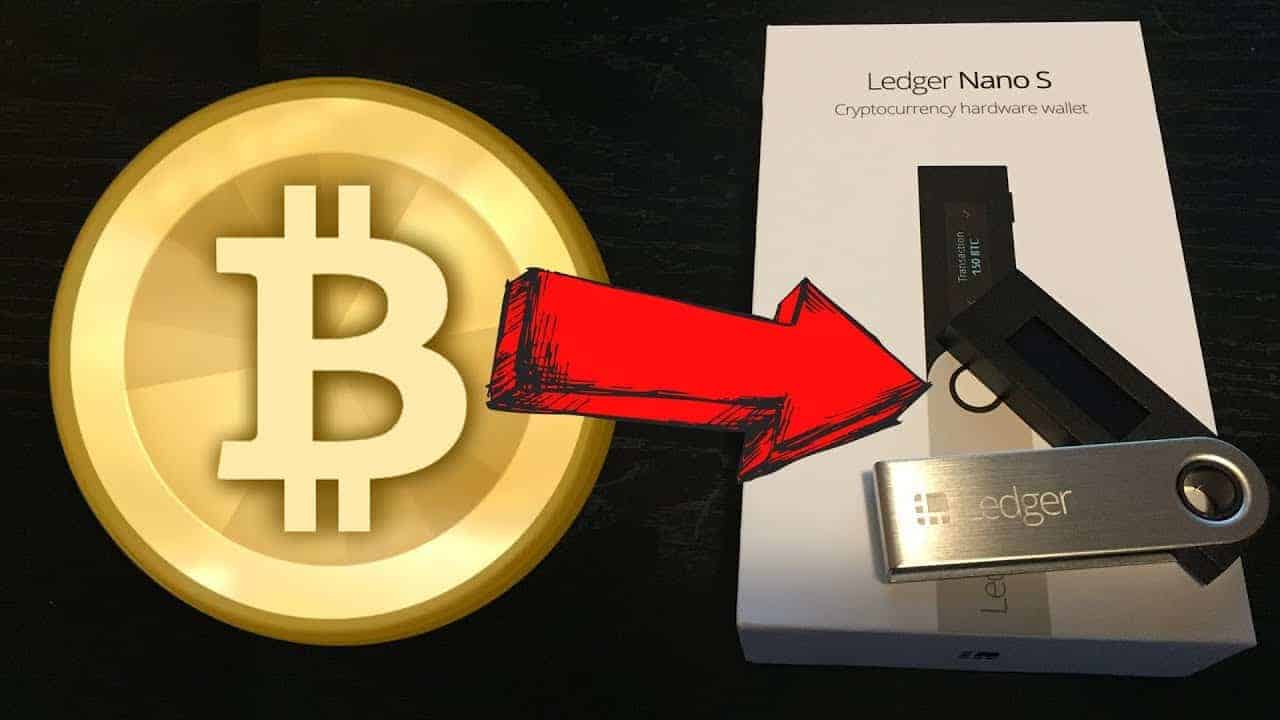
How to Store Bitcoin?
Are you wondering how to store Bitcoin? If so, you need to know that Bitcoins get stored on the Bitcoin blockchain network. You will need a wallet in order to access and use your coins.
If you’re looking to not only learn how to store your Bitcoin but also how to store it as securely as possible, the information below can help you.
How to Store Bitcoin with a Bitcoin Wallet
Your Bitcoin wallet essentially safeguards the secret code that you need. You need the code to use your Bitcoin and manage your transactions. It is very much like an internet banking account.
The code is a password. It is a private key. It is also vital to the security of your money.
Anyone who gets your private key will be able to access and potentially steal your Bitcoins. If you lose your key, your Bitcoins will be gone forever. That is why you must protect your private keys against accidental loss.
You should also back them up. There is another code as well. It is a public key that you will need to know.
It is the address where others can send you Bitcoins.
Bitcoin Wallet Types
All Bitcoin wallets seperate into two different categories. These categories are hot and cold wallets. Let’s take more of a look at Bitcoin wallets.
- Online Wallets (Hot)- Online wallets store the private key online or on devices that are connected to the internet. For example, on exchanges, computers, tablets, smartphones, or other websites.
- Offline Wallets (Cold)- Offline wallets store the private key on paper or offline hardware such as a password-protected USB or even in a person’s brain.
Online wallets, also known as hot wallets, are far less secure. This is because of the massive threat of hacking. Website wallets are very vulnerable as you must be happy to reveal your private key to a third party. However, they are far more convenient for daily use.
That is why you should use both types of wallets. Hot wallets are great for holding only small amounts for daily transactions. While cold wallets are great for storing more substantial sums. You are able to have as many wallet addresses as you want.
On top of that, hot and cold Bitcoin wallets separate into desktop, hardware, paper, web, and mobile wallets. Here is some more information about these categories:
- Paper wallets- A physical copy or paper print of both your private and public keys. They easily generated.
- Hardware wallets- Hardware wallets store your private keys on external devices such as USB sticks. The most popular brands are Trezor and Ledger when it comes to hardware wallets.
- Desktop wallets- You can install desktop wallets on laptops or computers. The security of them will depend on the security of your computer.
- Mobile wallets- Much like desktop wallets, mobile wallets are software wallets. However, they are often smaller and simpler.
- Web wallets- Web wallets include browser plugins, exchange wallets, and website wallets.
How to Store Bitcoin
Storing Bitcoin is fairly easy. However, you need to know that doing it securely requires time and careful planning. You just need to find the combination of storage that works best for you. If you want to use Bitcoin on a daily basis, you will want a convenient wallet option such as a web wallet or mobile wallet.
If you have purchased your Bitcoin for long-term storage, then cold storage options are better for you.
The Bottom Line
Storing your Bitcoins is all about knowing what you’re doing. As long as you do your research, you should be in a great position. What takes the most effort is making sure no one has access to your Bitcoin wallet.
Make sure you work hard to step up your security game before you obtain large sums of cryptocurrency. All you need to do is choose the best wallet possible for you.







